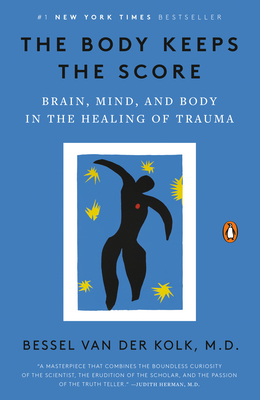
Creating Scientific Concepts
Description
An account that analyzes the dynamic reasoning processes implicated in a fundamental problem of creativity in science: how does genuine novelty emerge from existing representations?
How do novel scientific concepts arise? In Creating Scientific Concepts, Nancy Nersessian seeks to answer this central but virtually unasked question in the problem of conceptual change. She argues that the popular image of novel concepts and profound insight bursting forth in a blinding flash of inspiration is mistaken. Instead, novel concepts are shown to arise out of the interplay of three factors: an attempt to solve specific problems; the use of conceptual, analytical, and material resources provided by the cognitive-social-cultural context of the problem; and dynamic processes of reasoning that extend ordinary cognition.
Focusing on the third factor, Nersessian draws on cognitive science research and historical accounts of scientific practices to show how scientific and ordinary cognition lie on a continuum, and how problem-solving practices in one illuminate practices in the other. Her investigations of scientific practices show conceptual change as deriving from the use of analogies, imagistic representations, and thought experiments, integrated with experimental investigations and mathematical analyses. She presents a view of constructed models as hybrid objects, serving as intermediaries between targets and analogical sources in bootstrapping processes. Extending these results, she argues that these complex cognitive operations and structures are not mere aids to discovery, but that together they constitute a powerful form of reasoning—model-based reasoning—that generates novelty. This new approach to mental modeling and analogy, together with Nersessian's cognitive-historical approach, make Creating Scientific Concepts equally valuable to cognitive science and philosophy of science.




























